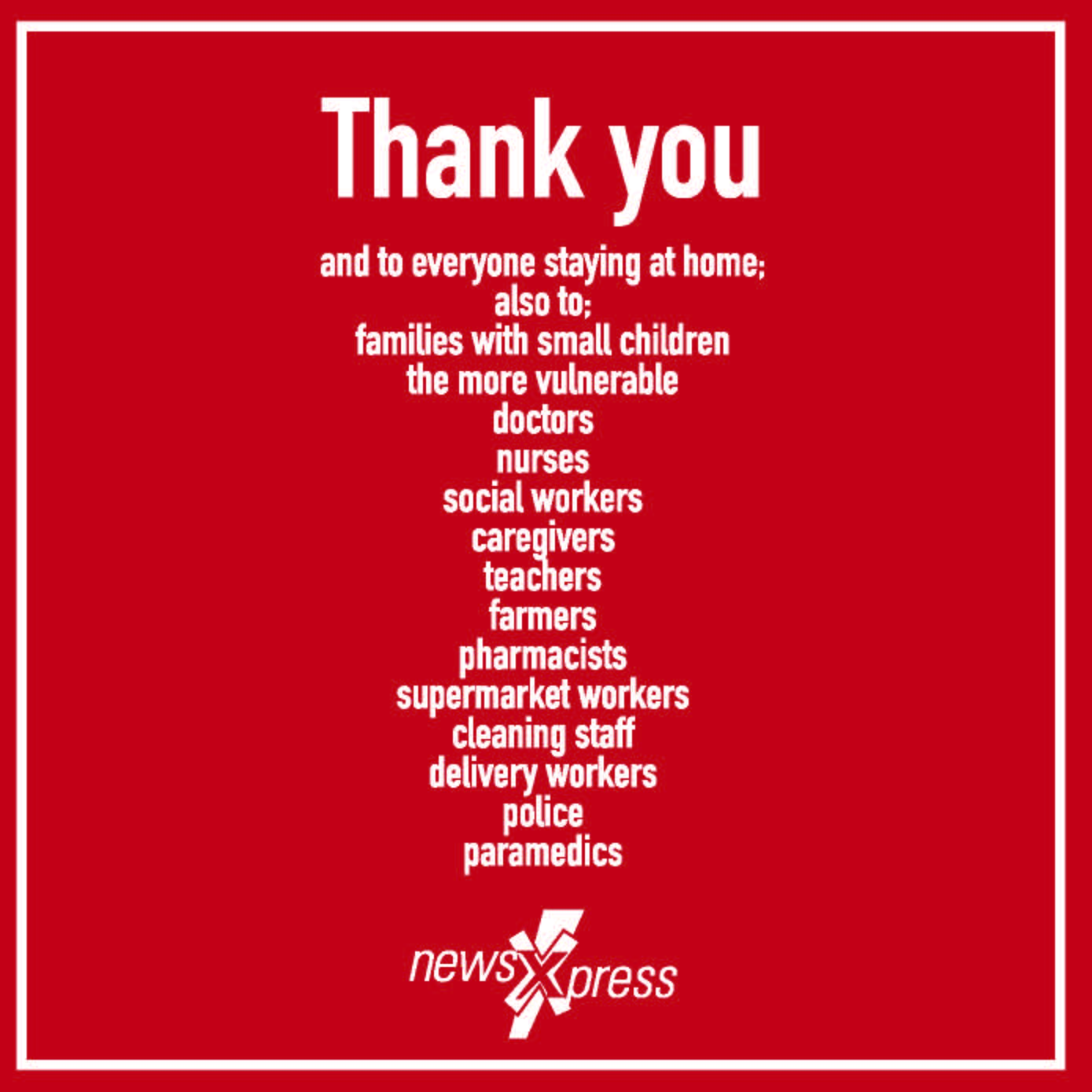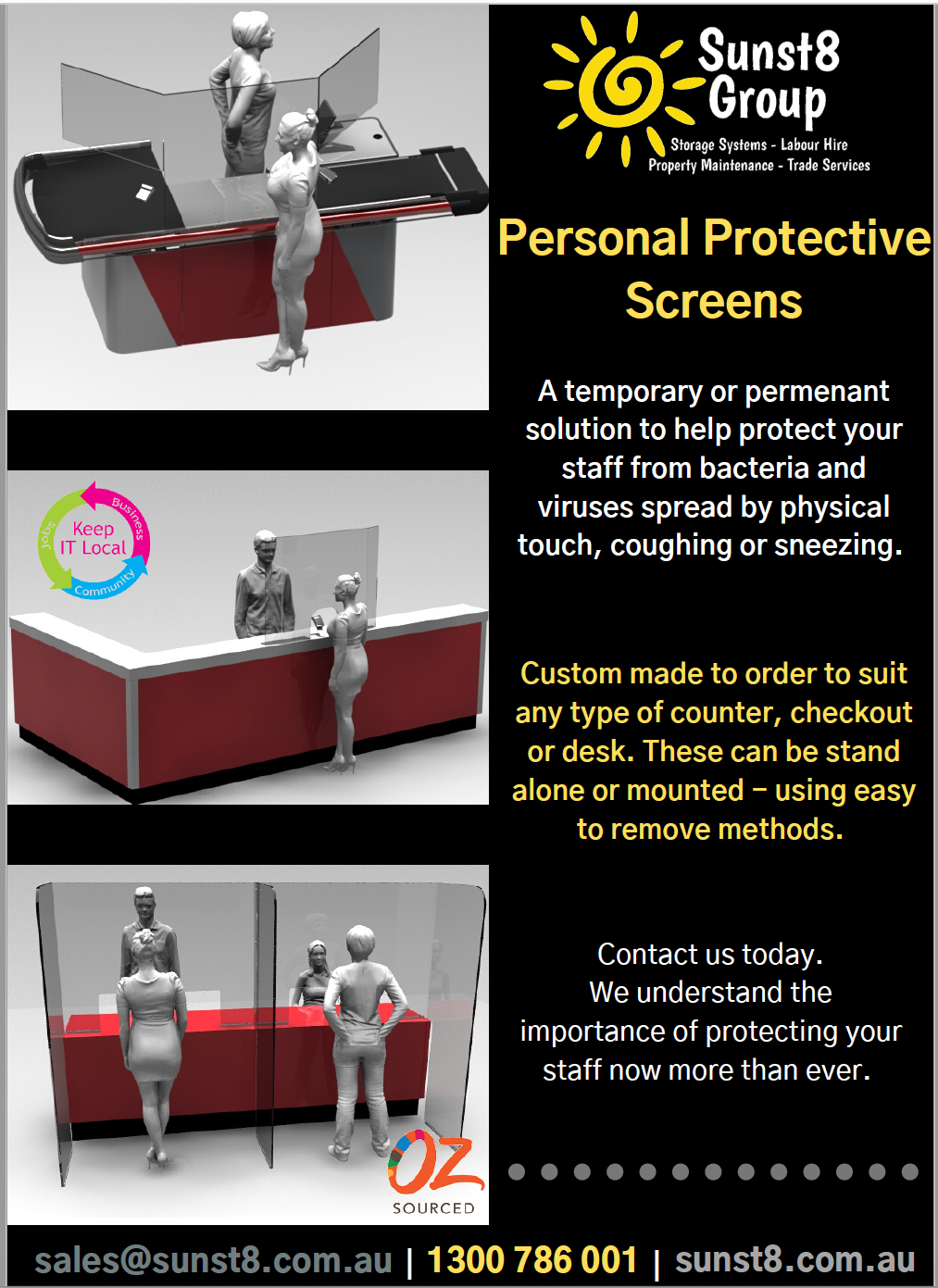We are a POS software company that owns and runs shops. We bought our first retail business in February 1996. Every day, the experience is valuable and appreciated.
Recently on social media, we have been sharing stories from our own experiences. These stories for a local Aussie shop have resonated. Here are some of them:
Storytime. Joe is 89 years old. He lives in a nursing home. When he moved there, he was limited as to what he could bring. The old shoebox with the collection of cards he’d received was the first thing he chose.
In that box are cards from his time as a local community Aussie rules coach. Parents and players had written cards over the years and Joe had kept them. “Each card is a memory”, he says with a smile, looking through his collection.
The oldest card Joe has is from 40 years ago from a player grateful for Joe’s help. Here it is so many years on, making Joe’s day.
Greeting cards hold the most wonderful memories.
—-
Storytime. Not long after Jeff, Deidre’s husband of 35 years, passed away, she received a card in her letterbox. It was from a Sam. It told the story of gratitude for the time Jeff helped Sam when he was down on his luck, by giving him a job. Sam explained that Jeff created the job for hem, to help him out. He told Deidre how that gesture from Jeff changed his life, that he owes his life to Jeff.
While Jeff passed away 10 years ago, Deidre has the card on her bedside table and looks at it every night. She is grateful for Sam and the card he sent.
Greeting cards give us the most wonderful memories.
—-
Storytime. Olivia turned 10 years old last month. The big birthday party planned could not happen, of course. With her family living in a flat, a drive-by honking or horns was not practical. The mum of a friend organised for everyone to send Olivia a birthday card.
Olivia received more than 50 cards, more than for any other birthday. The cards meant the world to her, especially those from her friends. The notes they wrote to her warmed her heart more than any gift. She wrote back to everyone. It took 2 days.
Olivia still has the cards on a shelf in her bedroom. She looks at them every day as each card is a friend or loved-one.
Greeting cards give us the most wonderful memories.
—-
Storytime. When Nick’s dad died, he didn’t know what to say to his mum. They were not close, Nick had not seen the family for many years since he walked out at 17 years old. Now 32, on hearing of the passing of his father, Nick wanted to reach out to his mum, but he was too scared to call or visit. He chose a gentle and respectful sympathy card. He shared a happy memory of his dad and explained how he had, finally, sorted out his life. He mentioned that even though he left, and that he never forgot and that his dad’s patience is something he eventually learned for himself.
The card opened a door and Nick and his family are reuniting.
—-
Storytime. “Sorry, it’s just a card, no money for a gift this year.” That’s how Chris signed off the card to Jules, her friend of more than 20 years, since they were in high school together. Swapping birthday gifts with a card and a note were a tradition. Since they lived on opposite sides of the country, they’d usually include a note with the card and gift each year.
Jules wrote back: “your card and note mean the world to me, every year. While I may have, possibly but please don’t judge me, re-gifted the odd gift from you, I have kept every card, every single card from you. I have 23. They the story of us. They are a perfect gift. Thank you.”
The card we send today can provide heart-warming memories for many years to come.
—-
Storytime. Jack opened the plain envelope that came in the post with the morning’s mail and was surprised to find an old card he vaguely recognised from years ago. The handwritten note on the back of the card was from Pattie, who used to be the receptionist at Jack’s work. Many years ago Pattie was going through a rough patch with her health and Jack had written her a card of encouragement.
Jack, Pattie wrote on the back of the card, I heard you have sold the business and are retiring. I am returning this card you gave me as a reminder of the difference you made. The card was the right message at the right time for me. It made a difference. It told me I was not alone. I kept it all these years as a reminder of the importance of simple kindness. I hope you treasure it as much as I have Jack.
Jack sat there and shook his head that a simple card could have meant to much.
—-
Storytime. Ethan’s school assignment asked that he write about his earliest memory. That’s easy, he said, it was the first letter I ever received. It was a birthday card from grandma. I was 4 and she posted me a birthday card with a tiger on it and it came in the mail. That’s the first memory I have. I still have card, and the envelope. Mum got them framed for me.
The card created in Ethan an interest in mail and letters more specifically. Now, 6 years on, every couple of weeks Ethan will write to a relative in the hope of receiving a response in the mail. And it all started with that birthday card, which remains his first memory.
Cards give us memories and stories long after they are received.




Recent Comments